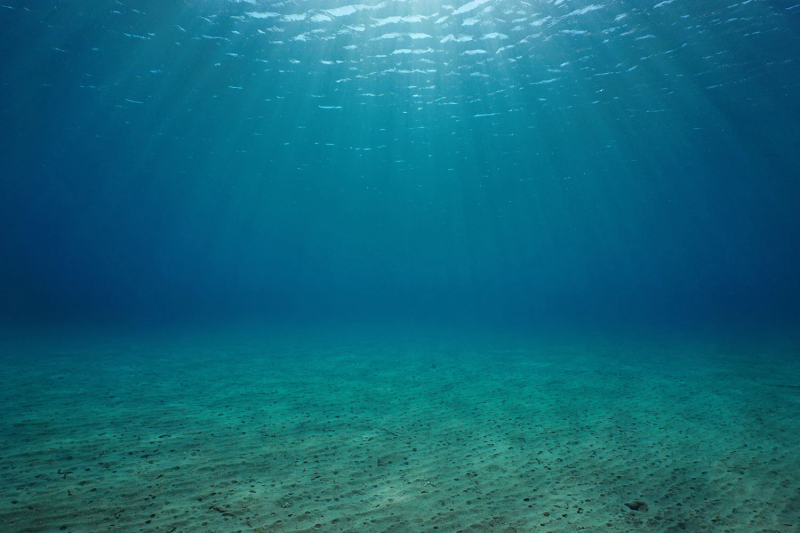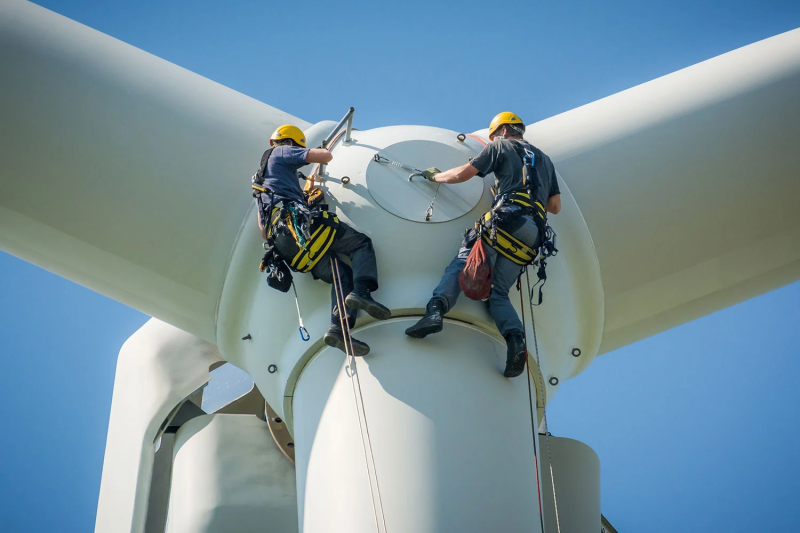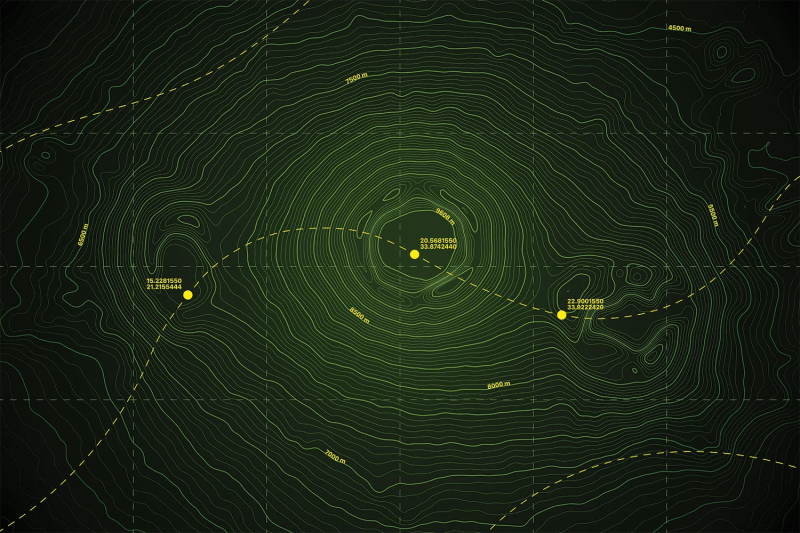(EET) Short Course 4 Geoscience Communication and Public Engagement
Room 4
Monday
2 June 2025
Time
8:30-16:00
CPD Points
5
Instructor
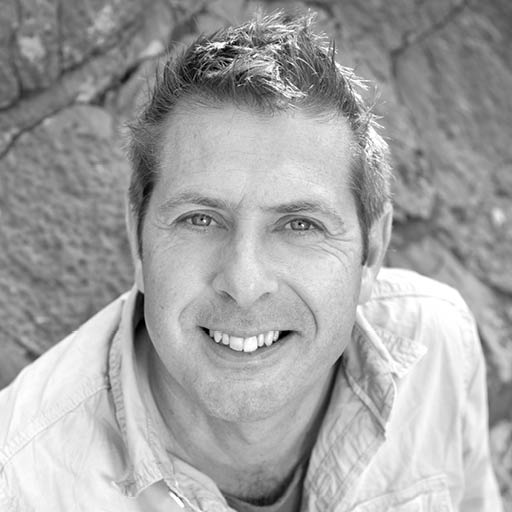
Prof. Iain Stewart
University of Plymouth / Royal scientific society of Jordan
Overview
*EET courses are supported by the EAGE Education Fund. Members can register for special discounted fees.
Geological issues are increasingly intruding on the everyday lives of ordinary people. Whether it is the onshore extraction of oil and gas, the subsurface injection of waters for geothermal power or the deep storage of waste products, communities across the world are being confronted with controversial geological interventions beneath their backyards. Communicating these complex scientific and technical issues is made more challenging by the general public’s unfamiliarity with the geological realm. To address these challenges, geoscientists need to design and develop new strategies to engage dissonant publics.
Those strategies will require geoscientists to engage more effectively with journalists and the wider media, to target their messaging at those audiences most able to effect change, and to establish trusted relationships with the end-user communities they are working with. But at the heart of the communication challenge is how geoscientists can be better communicators.
With that in mind, the course will provide practical experience in creating more compelling, impactful messages and to get those messages out more effectively. Building on a better understanding of the media landscape and working with journalists and media professionals, the session will help develop practical learning on how to use story-telling, visual imagery and social media channels to create more engaging geoscience media content. Practical insights from story-telling, film-making, and visualisation offer ways to improve the impact of our technical and scientific communications (research papers, conference presentations), facilitate the interchange of ideas with different disciplines (e.g. with engineers, management), ease our interaction with journalists and other external stakeholder groups, and showcase what we do more widely to the public.

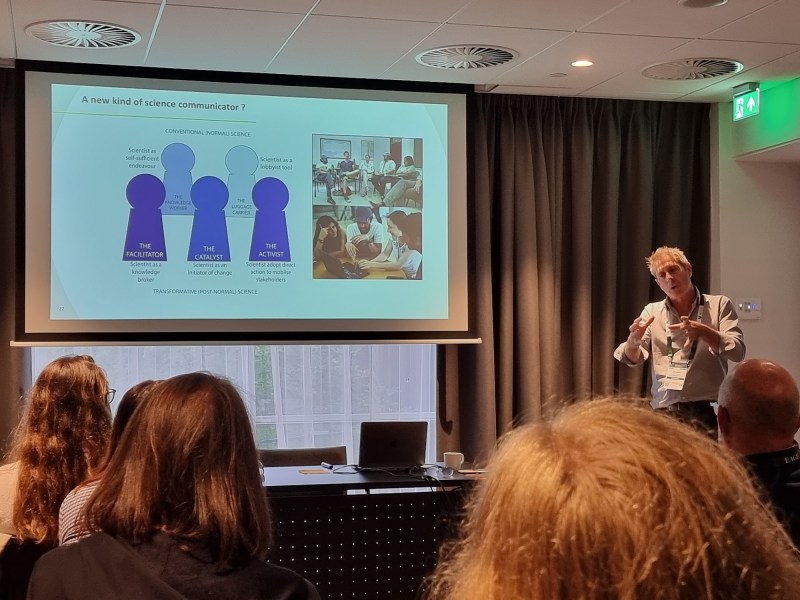
Course Objective
Explore how geoscientists can better ‘sense’ target audiences and ‘respond’ with appropriate messaging, as well as having an appreciation of how to deal with community outrage around controversial geoscientific topics.
Course Outline
[45 min] Introduction to Geoscience Communication
• Why should geoscientists communicate?
• The science communication landscape • roles and responsibilities for the geoscience communicator
• Barriers and benefits of strategic science communication
[45 min] Exercise: The Risk Communication Bowtie
[45 min] Make and Sell Communications: Geoscience and the Media
• Working with journalists and the media
• Lessons from popular geoscience on television
• The importance of audience and framing
• Mind your language – getting free of jargon
[30 min] Exercise: Half-Life Your Geoscience
[45 min] Sense and Respond Communications: the science of the public
• Fast and slow thinking: cognitive biases and heuristics • The role of subjectivity
• The importance of norms values and beliefs
[1 hr] Storifying Geoscience
• The power of stories and storytelling
• Narrative frameworks
[30 min] Exercise: the ABT Method
[1 hr] Communicating Contested Geoscience: co-creation with stakeholders and communities
• Communication issues in the geo-energy sector
• Lessons from fracking and geothermal
• Securing the social licence: trust and transparency
• Dealing with community outrage
• People-centred strategies for communication
[30 min] Resolution – wrap up Q&A
Participants’ Profile
The course is designed for industry practitioners and academic researchers that are interested in conveying the excitement and importance of the Earth sciences to broad audiences or want to translate their technical know-how for communities, stakeholders or policy makers. The content will suit all levels of professional geoscientist but is perhaps more useful for those at an early-career stage, to explore how science communication and public engagement can be part of their strategic technical skillset.
Prerequisites
No pre-requisites required.
With the support of:
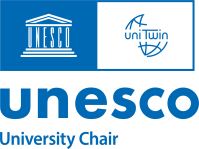
| Time | Activity |
|---|---|
| 08:00 | Departure from conference center Messe Wien |
| 09:00 – 09:20 | Safety introduction ITC |
| 09:20 – 10:50 | ITC / TECH Center & Lab |
| 10:50 – 11:00 | Group exchange |
| 11:00 – 12:30 | ITC / TECH Center & Lab |
| 12:30 – 13:30 | Lunch at the ITC event area |
| 14:30 | Arrival back at conference center Messe Wien |
